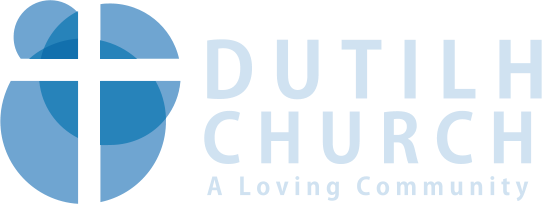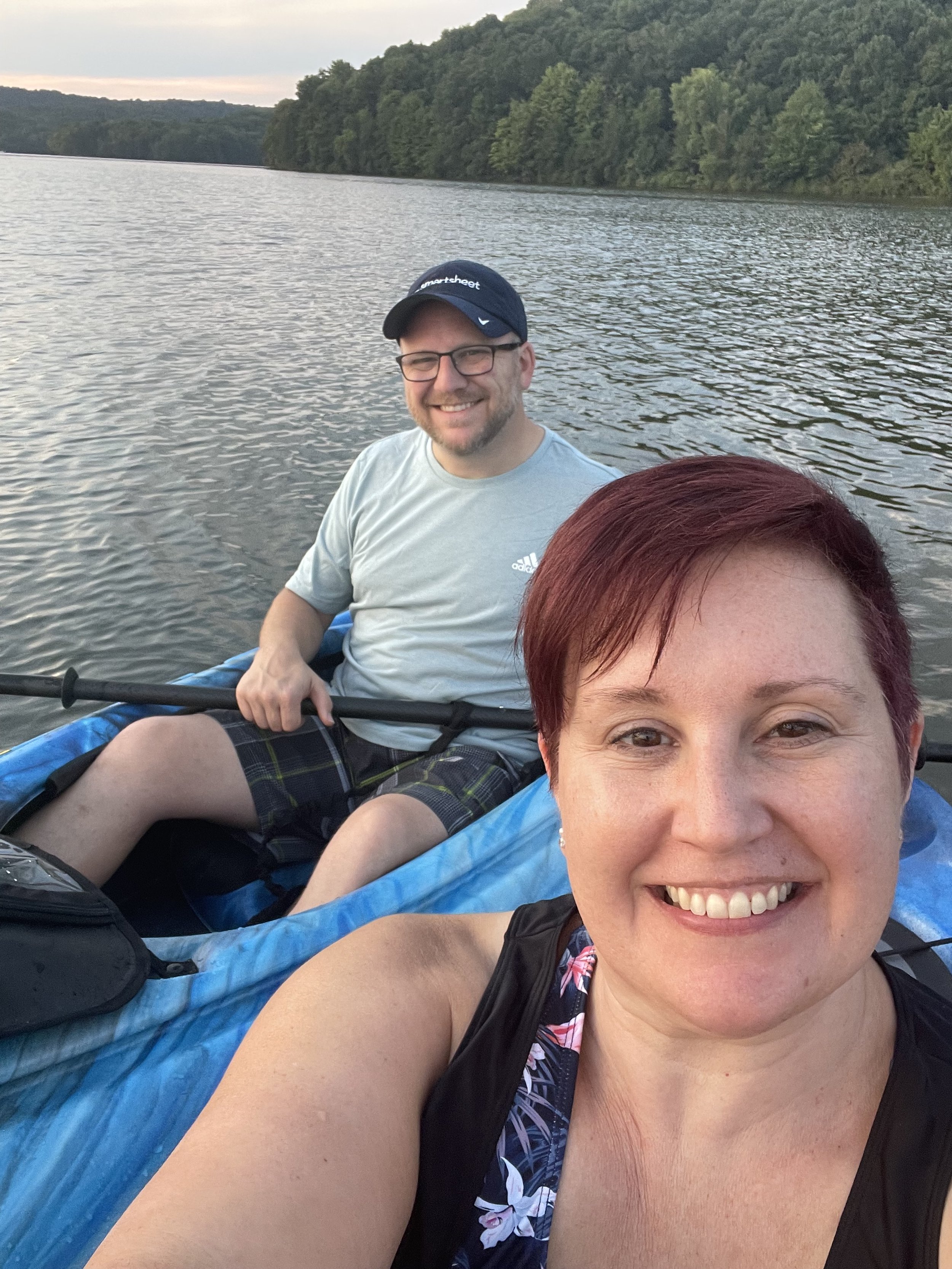YOUR STORY MATTERS HERE: Lori Sedlak
By Tim Wesley
Lori Sedlak can be found in the lab at the University of Pittsburgh.
If you’re a stockbroker, an athlete or an accountant, you can measure performance every second of your workday.
It takes Lori Sedlak a bit longer. As a pharmacologist, she spends most of her days in a lab working with microscopes and chemists to develop drugs that can be used in clinical trials. Perhaps one day—maybe a decade or so down the road—she’ll see some fruits from her labor when one of those drugs might be used to treat sick patients. Which is why her formula for career success includes an uncommon dose of patience.
“To work in this field, you have to realize that the tiny differences you make are just little steps that are part of a huge global effort,” Lori says. “Someday in my career I hope to see a big breakthrough that I was a small part of.”
And we thought Job had patience.
Lori’s official title is Research Associate Professor at the University of Pittsburgh School of Medicine, but her job description is a lot more, well, descriptive.
Lori and husband AJ hike the Tetons.
“Every single day is different, and I’ve always got a variety of things going on,” she says. “I very rarely spend a whole day at my computer. I’m in the lab taking care of my cells, preparing reagents, or running experiments. Our lab has almost a million potential drug compounds that we’ve tested. So much of my job is troubleshooting, with many days spent figuring out a better way to do things or understand why something isn’t working the way we expected.”
And she loves it.
“I love going to work every day and working with my hands, doing active research,” she says. “I love training young people, such as graduate students in our lab, and teaching them how to think about and develop their own experiments. When I see someone who is excited about research, it’s gratifying to help them to become part of our next generation of scientists.”
Lori and AJ enjoy hearing their son Aaron play the cello at Carnegie Hall.
A native of North Huntingdon and graduate of Norwin High School, Lori has an undergraduate degree in biochemistry and molecular biology from Penn State University and a doctorate in molecular pharmacology from the University of Pittsburgh. She’s spent most of her nearly 20-year career at Pitt, mainly working on potential future drugs for HIV and cancer.
The lab’s timeline for success is long and most definitely uncertain. Lori says the average time it takes for a drug to advance into development can be more than 10 years and going from discovery through development and approval by the Food and Drug Administration could take 20 years.
“Most drug candidates are failures, and you have to have the fortitude to not get upset by that,” she says. “One of our first potential drugs from a big drug screen worked really well against HIV, but we realized that it had a chemical component that could potentially cause cancer. So, in order to move forward, you have to alter chemical structures and hope that the drugs will still work.
“Sometimes people don’t realize that research is a lengthy process. Viruses, such as HIV and the virus that causes COVID, are complex and very smart, and they change rapidly to acquire resistance to our treatments. That’s why there aren’t many cures yet for many viral diseases.”
Lori and daughter Emily enjoy riding in Cooks Forest.
Given those challenges, it’s not surprising that Lori’s lab collaborates with others around the world—including in Canada, Australia and Europe—to share information and research. That means her global colleagues comprise a wide diversity of religions and races, but they share common characteristics such as a love for science and a desire to help mankind.
“We do our work as teams that are focused on the greater good,” she says. “We don’t do it to get rich or to have notoriety. You do it because you love it and believe you can help someone, and you want to make a difference in the world.”
With her expertise, Lori has also been able to make a difference in her family when, for example, someone has a medical question or might be confused by a doctor’s report or recommendation.
“I love helping to put people at ease by explaining scary medical jargon in layman’s terms,” she says.
Lori hiking in Utah
At Dutilh, she’s helped to make a difference by serving on the leadership board, helping with food drives and the flea market, serving as part of the greeting team, and by playing the violin for the music ministry.
“I try to help out in little ways wherever I can,” she says. “I love that we have a thriving outreach to the community, with many volunteer opportunities to help outside the church. I like being able to go for an hour or two and help. You’re valued for doing what you’re able to do, and appreciated for who you are and what you can do, whatever that is.”
Lori’s professional expertise has also enabled her to lend a hand during the COVID pandemic.
“I had to attend a lot of seminars during the pandemic related to the newest research, so I was privy to some of the science,” she says. “During the pandemic, there was so much confusion as to what was going on, and it was frustrating and scary to all of us. I felt blessed to help people in my life to understand about the vaccines, especially as to how they could come out so fast, to help people feel a little more at ease.”
Lori and husband AJ relax while camping.
Her latest Dutilh endeavor is to co-lead a new women’s ministry group, “Graceful & Grateful,” with Melanie Bresenhan. The group meets twice a month on Tuesdays at the church.
“The ‘Broken’ sermon series really hit home for me,” she says. “So, I wanted to start a group for women who need community and feel a little ‘broken.’ Women just need each other.”
That need for spiritual companionship presented itself in a big way for Lori in 2017, when she was diagnosed with breast cancer. At the time, she and her family—husband AJ, son Aaron (now 18) and daughter Emily (15)—were relative newcomers to Dutilh.
Lori enjoys exercising with her favorite canines.
“We felt a good connection at Dutilh, just at home and comfortable,” Lori says. “The kids needed to have someone outside our family to connect with and know that God would take care of us. They soon met Sarah [Hogue, Dutilh’s director of children’s ministry] and made a connection with her and the rest of the children’s and teen ministry teams. Church was a place for them to look forward to at the time.
“It just became clear very fast that to have the attitude you need to beat it and for my family to deal with this, you must put your faith in God and that needs to get fortified regularly. As we sat and listened to our pastors’ sermons, they spoke to us. It just became, little by little, an integral part of our life, where we all wanted to go on Sunday mornings.”
Lori and AJ like kayaking at Moraine State Park.
Lori survived that bout with cancer but will still receive treatment for about five more years.
In addition to focusing on family and faith for solace, Lori likes to spend time pursuing her twin passions for animals and the outdoors. The family has a couple of horses boarded in Fombell, and she loves camping and boating at Pymatuning and Moraine state parks.
“I love nature and love the outdoors,” she says. “I would spend all my time there if I could. I need to get into nature to feel closer to God because that’s where I do my best thinking. My favorite place is Yellowstone National Park; when I’m out there and looking at mountains that are millions of years old, I feel very tiny. It helps me to think about how small I am and how big and magnificent the world is.”
Perhaps that’s a measurement we all need to be reminded of, now and then.
—Published November/December 2022








